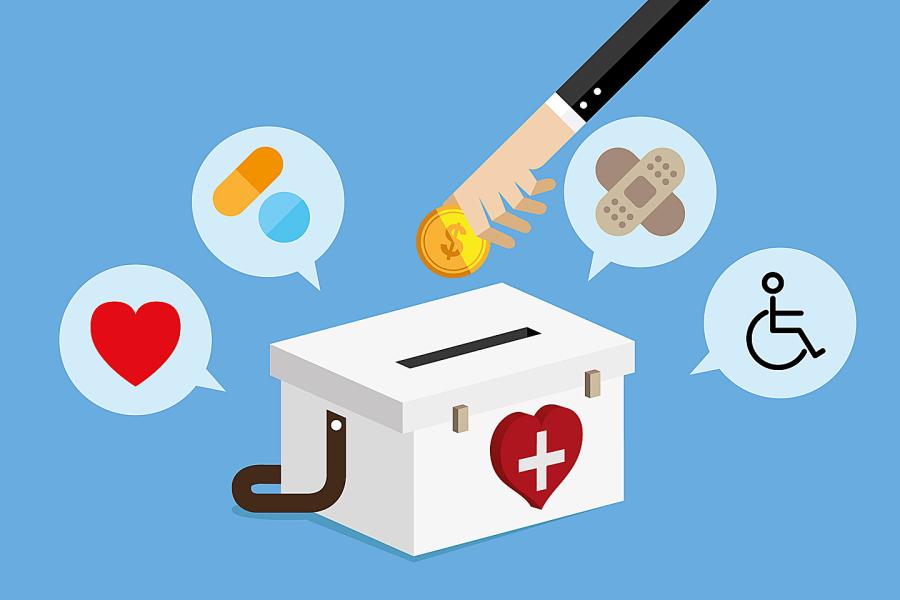Health savings accounts and flexible spending accounts both offer valuable tax-savings opportunities when you use them to pay for eligible health care expenses, but there are important differences. Knowing more about these accounts can help you maximize your savings.
Your choice of medical plan affects which account is available to you. You may contribute to an HSA only when you enroll in the high-deductible health plan; HDHP participants are also eligible for a limited purpose FSA to help pay for eligible dental and vision care expenses. When you enroll in any other medical plan, you can contribute to a health care FSA. Carefully review the similarities and differences below and consider their benefits as part of your plan selection. (Regardless of plan, you may contribute to the dependent care FSA.)
Comparing your health spending accounts
| Health Care FSA | Health Savings Account (HSA) | Limited Purpose FSA | |
|---|---|---|---|
| Medical Plan It Pairs With |
CareFirst BCBS EHP Classic HMOs |
CareFirst HDHP | CareFirst HDHP |
| Use It to Pay | Eligible health care expenses (medical, dental, vision) | Eligible health care expenses (medical, dental, vision) | Eligible dental and vision expenses only |
| Who Contributes | You | You (and JHU if you earn $60K or less) | You |
| 2023 Annual Contribution Limits | $2,850 (new limit to be announced soon) | Up to $3,850 per individual and up to $7,750 per family (including the JHU contribution) | $2,850 (new limit to be announced soon) |
| Does the Balance Roll Over? | You can roll over up to $570 of unused funds (minimum $30); remainder is forfeited | Yes | You can roll over up to $570 of unused funds (minimum $30); remainder is forfeited |
Important reminders
- If you newly enroll in an FSA or HSA for 2023, you will receive a welcome package from WEX that includes a debit card and important information about how to manage your account.
- If you are participating in an FSA for 2022, you can roll over up to $570 of your remaining health care balance to your 2023 health care or limited purpose FSA with WEX; any remaining dependent care FSA funds will be forfeited. It's a good idea to check your online account for any unsubstantiated FSA debit card claims before year- end. If your debit card has any unsubstantiated claims as of Jan. 1, your debit card will not be reactivated for 2023.
- Any FSA claims incurred during 2022 must be submitted to WEX by April 30, 2023.
Posted in Benefits+Perks
Tagged hr newswire








